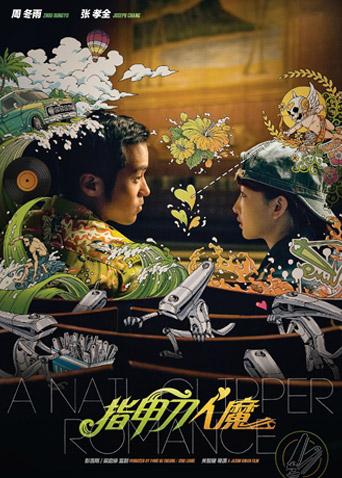 赵媛媛
赵媛媛
发表于1分钟前回复 :一段不伦之恋,造成了两代人的人生悲剧。野野宫希和子(永作博美 饰)无法得到情人的身与心,还被迫杀掉了腹中的孩子。在一个瓢泼大雨的日子里,万念俱灰的希和子走入情人的家,抱走了他们尚在襁褓中的女儿惠理菜。此后的岁月中,她带着“女儿”薰辗转各地,只为寻求“母女”安身立命的宁静之所。此去经年,长大成人的惠理菜(井上真央 饰)经历着人生的种种,而她似乎正在走一条与“母亲”希和子相同的路。无论多么不愿回首,她仍按照宿命的指引追忆着与希和子共处的那段短暂而美好的时光……本片根据角田光代的同名原著改编,并荣获2011年电影旬报十佳第5名、最佳女主角奖(永作博美)、最佳女配角奖(小池荣子);第36届报知电影奖最佳影片奖和最佳女主角奖。
 樱井敦司
樱井敦司
发表于3分钟前回复 :"Sinofuturism is an invisible movement. A spectre already embedded into a trillion industrial products, a billion individuals, and a million veiled narratives. It is a movement, not based on individuals, but on multiple overlapping flows. Flows of populations, of products, and of processes. Because Sinofuturism has arisen without conscious intention or authorship, it is often mistaken for contemporary China. But it is not. It is a science fiction that already exists.Sinofuturism is a video essay combining elements of science fiction, documentary melodrama, social realism, and Chinese cosmologies, in order to critique the present-day dilemmas of China and the people of its diaspora.With reference to Afrofuturism and Gulf Futurism, Sinofuturism presents a critical and playful approach to subverting cultural clichés.In Western media and Orientalist perceptions, China is exotic, strange, bizarre, kitsch, tacky, or cheap. In its domestic media, China portrayed as heroic, stable, historic, grand, and unified. Rather than counteract these skewed narratives, Sinofuturism proposes to push them much further.By embracing seven key stereotypes of Chinese society (Computing, Copying, Gaming, Studying, Addiction, Labour and Gambling), it shows how China's technological development can be seen as a form of Artificial Intelligence."


